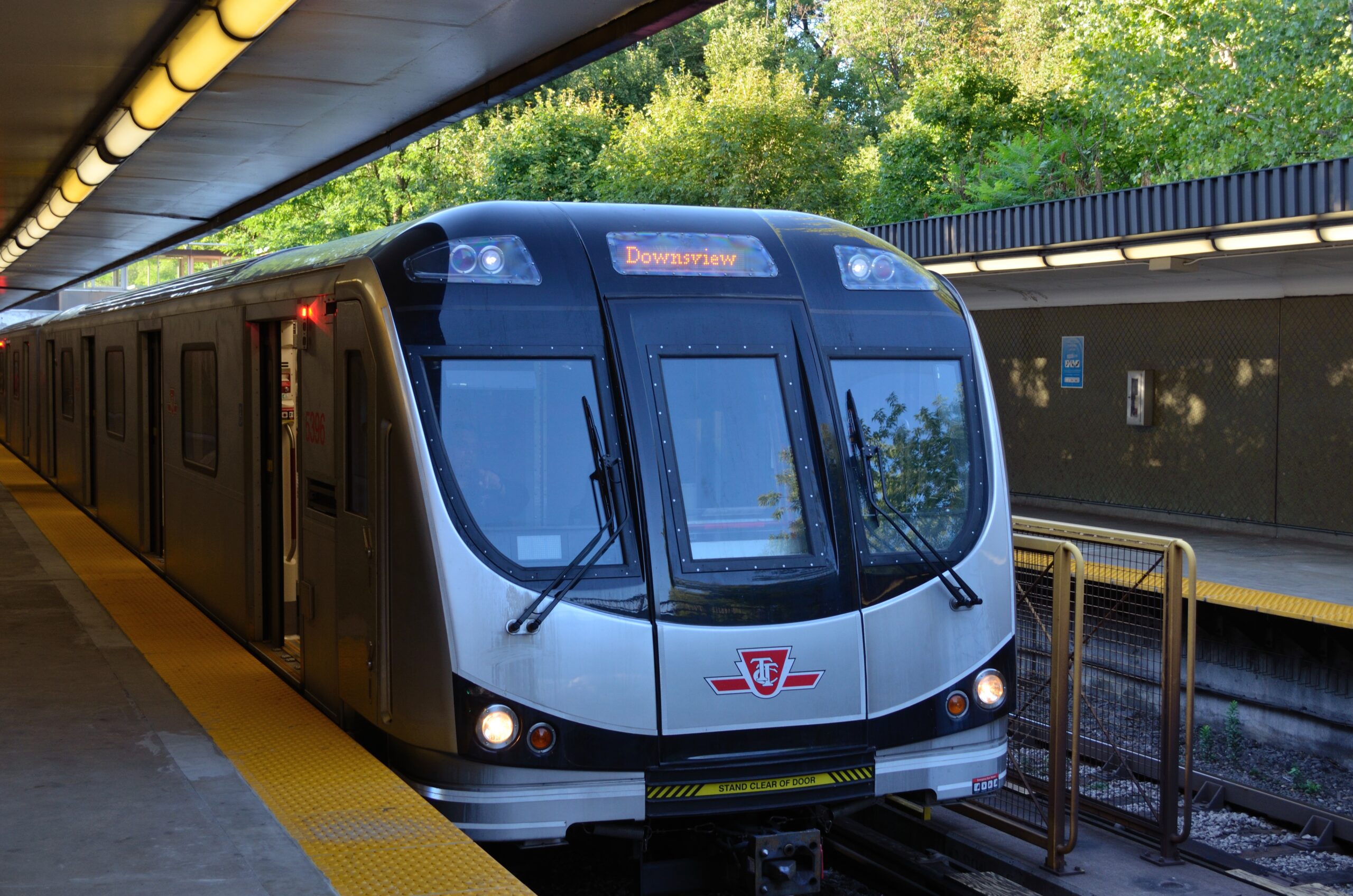After writing the book “Megatrends: The Impact of Infrastructure on Ontario’s and Canada’s Future”, Fenn continues to update independent reports focusing on six megatrends.
- Technological
- Urbanization, globalization and connectivity
- Social and demographic
- Economic and workforce
- Environmental and energy
- Political and fiscal

“These trends will shape our future, so our decisions should anticipate and respond to them,” says Fenn. “Big infrastructure choices are expensive and long-lived. Good decisions will serve our children and grandchildren, but imprudent decisions can burden us for several generations.”
In his latest report, commissioned by the Residential and Civil Construction Alliance of Ontario (RCCAO), Fenn has identified the various impacts of the investments – notably, convergence of functions, customization and expanded consumer choice in public services.
These will result in:
- Increased automation and sharing of personal vehicles, which will regenerate the economies of Ontario’s cities.
- More flexible infrastructure, with high-performing materials and shorter lifecycles.
- Fewer “bricks-and-mortar” hospitals and school campuses; more community and technology based alternatives.
- Greater connectivity, including Nano-sensors and embedded RFID chips linked to the Internet of Things.
Fenn emphasizes that big change must begin on a local level.
“Local responses to global forces – climate change and migration – must overcome short-term political and business goals to enable success in Ontario and Canada.”

